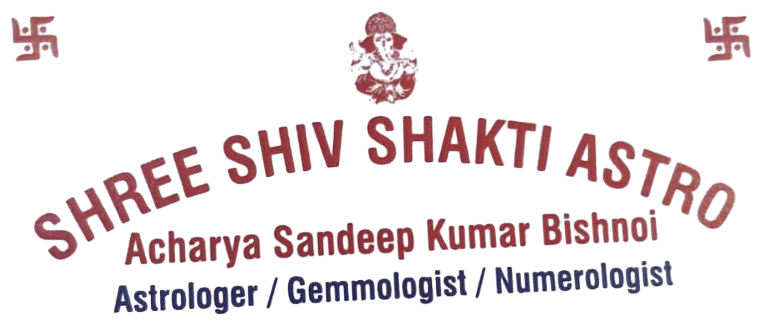Certainly! Careers are a significant aspect of personal and professional development. Here are some key points about careers:
-
Career Planning:
- Career planning involves assessing one's skills, interests, values, and goals to make informed decisions about education, training, and employment.
-
Choosing a Career:
- Choosing a career path is a significant decision. Factors to consider include personal interests, aptitudes, values, lifestyle preferences, and the job market.
-
Education and Training:
- Education and training are often essential for pursuing specific careers. This can include formal education at universities or vocational training in technical fields.
-
Skill Development:
- Continuous skill development is crucial for staying relevant in the workforce. This may involve acquiring new technical skills, soft skills (communication, teamwork), or industry-specific knowledge.
-
Networking:
- Building a professional network is important for career advancement. Networking can provide opportunities for mentorship, job leads, and professional growth.
-
Job Search and Application:
- Effective job searching involves creating a compelling resume, preparing for interviews, and utilizing various job search channels, including online job boards, company websites, and professional networks.
-
Career Transitions:
- Individuals may experience multiple career transitions throughout their lives. This could involve changing industries, pursuing further education, or starting a new business.
-
Work-Life Balance:
- Achieving a balance between work and personal life is essential for overall well-being. This includes managing stress, setting boundaries, and prioritizing self-care.
-
Entrepreneurship:
- Some individuals choose to start their own businesses or become entrepreneurs. Entrepreneurship involves taking risks, being innovative, and managing various aspects of a business.
-
Professional Development:
- Engaging in professional development activities, such as attending workshops, conferences, and training programs, helps individuals stay current in their field and advance their careers.
-
Workplace Dynamics:
- Understanding workplace dynamics, communication skills, and emotional intelligence are crucial for success in any career.
-
Career Satisfaction:
- Career satisfaction goes beyond financial rewards. It involves finding fulfillment and purpose in one's work, aligning with personal values, and making a positive impact.
-
Adaptability:
- The ability to adapt to changes in the job market, industry trends, and technology is essential in today's dynamic and evolving work environment.
-
Mentorship:
- Mentorship can be valuable for career growth. Having a mentor provides guidance, support, and insights based on their own experiences.
-
Job Security and Market Trends:
- Keeping an eye on job market trends and understanding the demand for certain skills can help individuals make informed decisions about their careers.
Remember that a career is a lifelong journey, and it's okay for goals and priorities to evolve over time. Continuous learning, adaptability, and a proactive approach to career development can contribute to a fulfilling and successful professional life.
© Copyright 2024 Shree Shiv Shakti Astro. All Rights Reserved.


